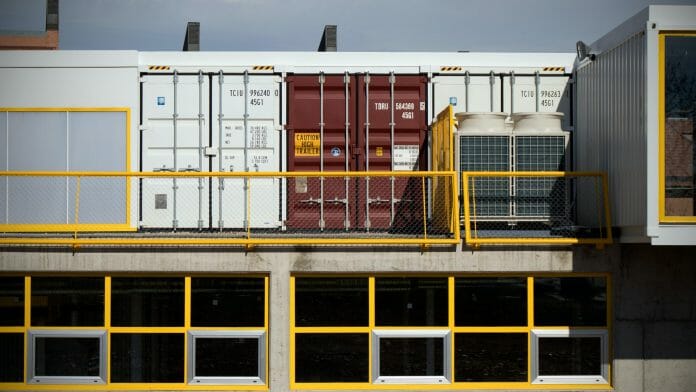By Director – Power Product Marketing and Head, Central Technical Support of Asia, Arunangshu Chattopadhyay.
The World Health Organization estimates that as many as 50 percent of vaccines go to waste each year because of improper handling, including temperature control problems. New vaccines to fight the Covid-19 outbreak require storage at precisely controlled temperatures, which makes addressing this issue more critical than ever before. In Southeast Asia, temperature control is also complicated by the warmer climate and infrastructure gaps in rural and remote areas.
As the first round of Covid-19 vaccines are distributed in Singapore, and other countries in the region finalise deals with providers as well as prepare rollouts to their citizens, preventing waste will be a key priority. Healthcare organisations need to act now to ensure they are ready to receive and administer these potentially life-saving pharmaceuticals.
Hospitals with ultra-cold freezers designed to hold vaccines at temperatures as low as -80 degrees Celsius, or intentions to purchase this essential equipment, may be overlooking two key components of their solution: power conditioning and emergency backup power. To maintain such low temperatures, the freezers consume a great deal of power. If the power source is compromised, the limited vaccine supply is put at risk when it is needed most.
Given the high stakes, emergency backup power must be a part of a solution for storing vaccines in low temperature freezers. The right solution will include an intelligent Uninterruptible Power Supply (UPS) that includes five features:
- Online Double Conversion Technology: Of the three major types of UPS system configurations an online double conversion UPS solution offers the greatest degree of protection for the most mission-critical applications. With this type of UPS, ultra-low temperature freezers are fully isolated from raw utility power and protected from power sags, surges, blackouts, or brownouts that could compromise the temperature of the vaccines inside.
- Zero Transfer Time to Batteries: Even in applications that use a generator, there is transfer time involved in switching from the main power source to the backup generator. During that lag, freezer operation can be negatively impacted, jeopardizing the contents inside. A double conversion UPS fills the transfer time gap with battery power until the generator kicks in. The UPS should transfer to battery backup power instantaneously, ensuring a truly uninterruptible supply of power and a constant holding temperature for the vaccines.
- Scalable Runtime: In cases when a generator is unavailable or contingency planning for critical systems requires hours of battery runtime, rather than minutes, a UPS model can offer this level of support by detecting and connecting with external battery cabinets for access to additional power.
- UPS Remote Monitoring Capabilities: Facilities personnel need to know that the UPS is always functioning as intended, doing its job around the clock and if UPS batteries are charged and ready to discharge if and when needed. An intelligent UPS enables remote and local monitoring, which allows personnel to manage battery health and predict battery replacement dates. Alarm notifications also keep staff informed of any power issues and expedite response time if there is a problem with the units.
- Easy Installation and Operation: A UPS solution cannot add more complexity at this overwhelming time for all healthcare professionals. A plug-and-play system that is quick to install and configure, as well as support multiple freezers, ensures that emergency backup power is a help instead of a hindrance. A compact, flexible form factor that can be mounted on the floor or wall further streamlines installation and takes up minimal space. A user-friendly, easy-to-read interface for system insights and diagnosis also simplifies ongoing system operation and maintenance.
Be Ready To Give Covid-19 Vaccines The Protection It Deserves
Vaccines represent much-needed hope for the battle against the coronavirus. Precisely controlled temperature freezers, along with the online-double conversion UPS systems that back them up, will play key roles in the effort to put every dose of the vaccine for this outbreak and other diseases to good use.
If resources permit, investment in industrial-grade UPS solutions that provide more robust protection and backup against power anomalies is also a worthy consideration for vaccine storage protection. Industrial-grade UPS are built to withstand even the harshest power and electrical environments such as extremely low or high temperatures without compromising on availability.
Medical machines and lab equipment require constant availability to deliver accurate health services and to ensure the patient is given adequate care. Additionally, as hospitals plan for the future, IT network infrastructures must be ready to accommodate new equipment and applications without compromising business continuity, power distribution, or airflow. This is why agile and efficient emergency backup power that includes UPS systems need to be leveraged throughout hospitals and clinics to ensure constant availability.









